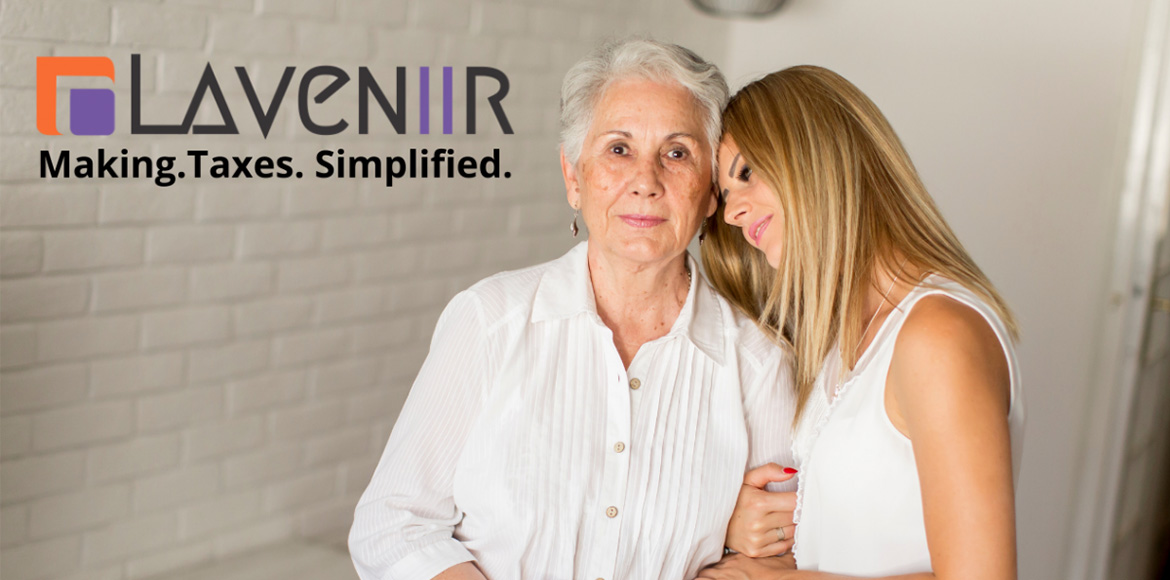The number of people who are paid to care for the elderly is on the rise, the website "Paying for Senior Care" reports. But many caregivers don't know it is likely they should report their earnings to the IRS and pay federal income taxes. That goes for home daycare providers and part-time babysitters, too. On the flip side, there are many items you can write off. Don't get caught accepting money "under the table." Let Laveniir help you sort out how to be compliant with federal tax laws.
What Your Taxes May Look Like
If you care for a child or senior in your home or theirs, you will probably have to pay self-employment tax on top of your federal and state income taxes. The current self-employment tax rate is 15.3%, which includes Social Security and Medicare, according to the IRS. As an employee of a daycare facility, your taxes are withheld in each pay period. However, no matter how big or small your business is, you must make quarterly estimated tax payments (payments toward your tax bill four times per year.) Laveniir can accurately calculate what that amount is.
Say You're Helping Out Friends or Family
This is what the IRS calls "Kith and Kin" care. Whether the care takes place in your home or in the care receiver's home, this "extra money" should be reported for tax purposes.
As a Babysitter
Watching the kids occasionally on a Friday night produces taxable dollars. Report it.
DEDUCTIONS
You have to pay taxes as an independent care giver. But just like with any other business, you can apply some tax deductions. The IRS states the deductions must be "ordinary and necessary" for your business to function. Some of these are:
1
Meals and Refreshments
The IRS has a standard rate that family providers can use to calculate the deduction, or you can use the actual cost. That standard rate applies to serving utensils (plates, cups, forks, etc.); breakfast, lunch, dinner, and snacks. In this case, document, document, document. Keep impeccable records of what you purchase and use and the date and time you served. If you receive food reimbursements from a program or organization, then do not deduct your meals and beverages expenses. Instead, report the reimbursements as income.
2
Supplies and Learning Toys
Learning materials, educational toys, books, etc., are often necessary for the success of your business. Therefore, they can be deducted as a business expense. Also cleaning supplies are "ordinary and necessary" to do your job, and you can deduct them, too.
3
Home Space
If you are caring for others in your own home, you may be able to deduct items in that part of your space. For example, new carpet, paint, furniture, insurance, utilities, and more. Laveniir can help you make a list. However, this type of deduction requires calculation. Why? Because chances are you are not using it for business 24/7. For example, let's say your business hours are Monday through Friday, from 7 a.m. to 6 p.m. The rest of that time, the space is used for your family or it is not being used at all. In that case, you cannot deduct that entire space. Calculating that is tricky, so don't go it alone. Let Laveniir determine the accurate deductions for only what you use for business.
4
Promoting Your Business
If you're trying to grow your business, then the cost of marketing and advertising is "ordinary and necessary" for success. Website design, advertising, business cards, social media, subscription fees, etc., can be written off on your taxes.
5
Office Supplies
Running these types of businesses requires good record-keeping, and you probably have a lot of tools to keep things straight. These file folders, envelopes, notebooks, etc., can be deducted on your tax returns.
In a nutshell, running any business has a lot of benefits and tax deductions. But it's often hard to see how many there are without expert assistance. Laveniir has the answers you need to get the refunds you deserve. Make your appointment for a free consultation today.



